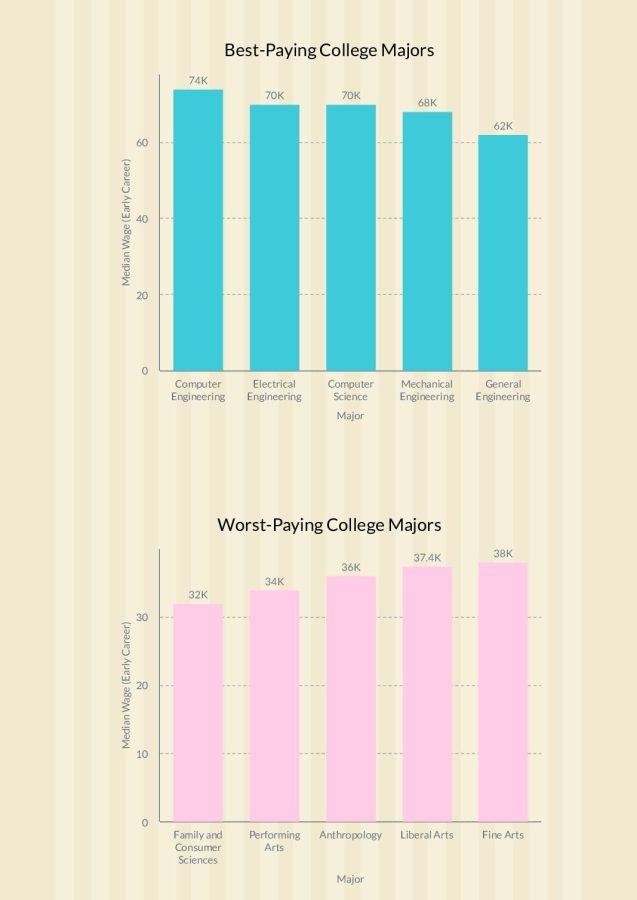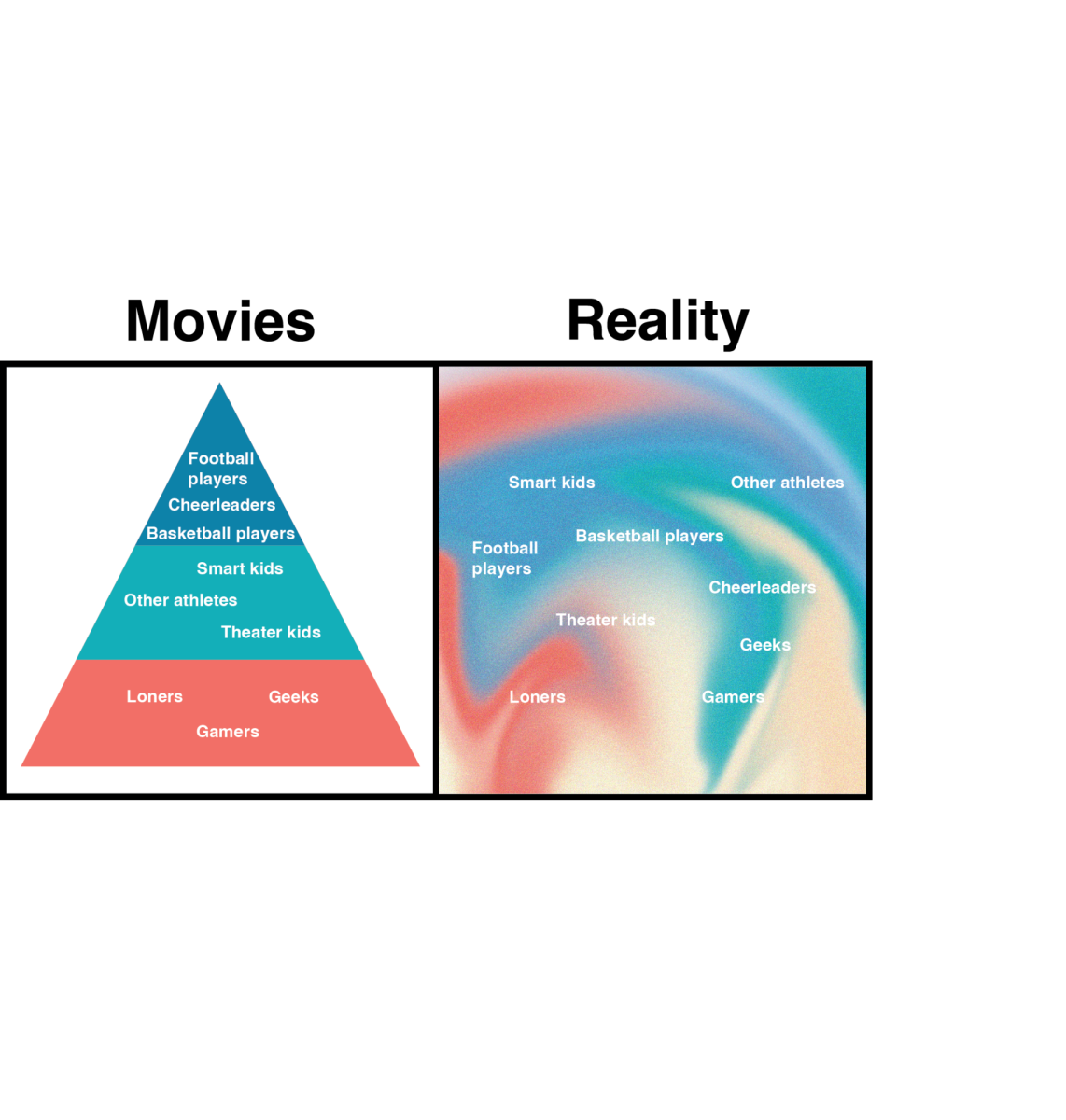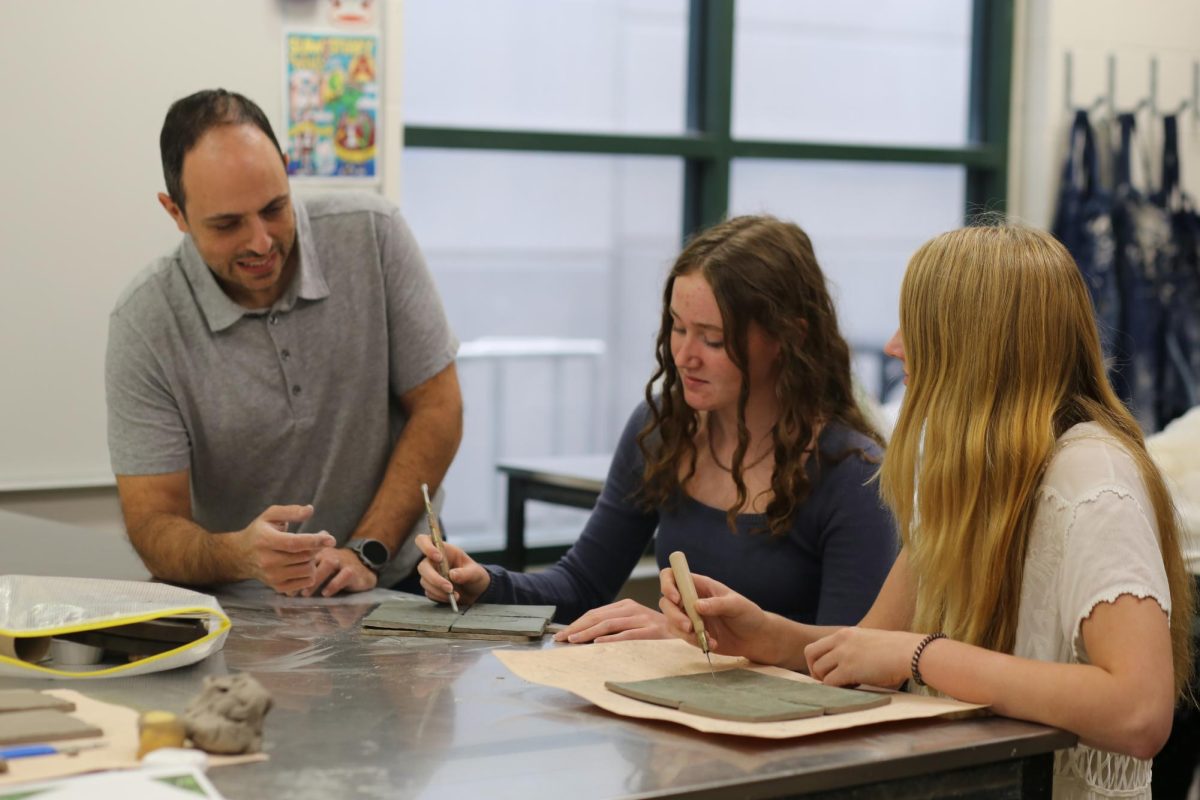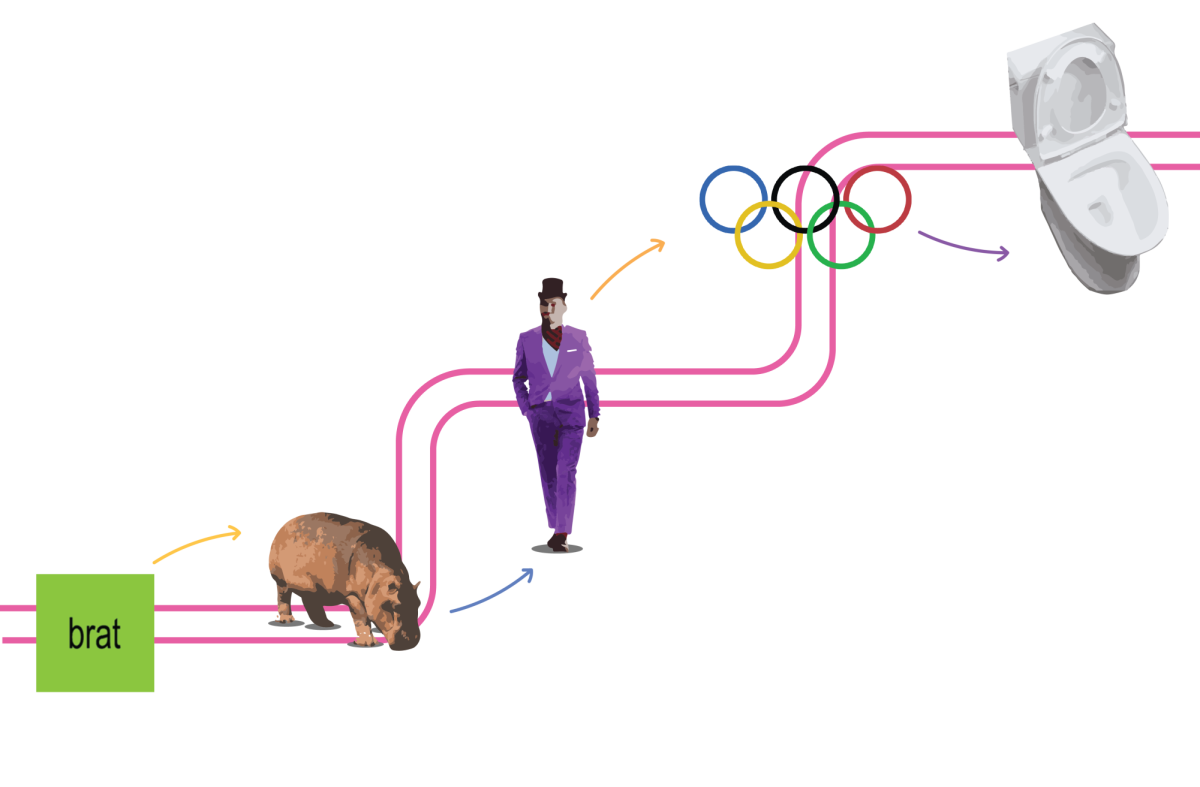One of the most challenging parts of high school would be the college application process. According to a Forbes article about college admissions, some common sources of stress include but are not limited to parental expectations, ACT/SAT testing, cost of attendance, peer pressure/competition, and rankings. In addition, students before the age of twenty feel they must decide their lifelong career path that determines who they are. Researching the average salaries in a particular field or major gives them an idea of what to expect in a specific major.
Most people see a correlation between pursuing STEM majors and a high salary. This connection is well-founded on many statistics and research on the internet. For instance, College Rank features the top 10 highest-paying majors, with half of them being those related to the field of engineering. On the other hand, majors in the field of the arts, music, and education are linked to a low salary. The CNBC Make It website displays a chart with an overwhelming nine out of ten best-paying majors being related to engineering, while the ten worst-paying majors are mostly related to the liberal arts.
Given these facts, it’s no surprise many high schoolers find themselves conflicted between what they like versus what they think is best for them. Societal and environmental pressures often contribute and influence a student’s decision to pursue a certain major. Maybe someone is really interested in the music industry, but decides to settle for a business major since music majors have a lower average salary. Or, someone might be passionate about becoming an artist but is dissuaded by their parents.
However, according to an article in The Washington Post, only 27 percent of college graduates have a job related to their major. This isn’t to say that the major you choose in college doesn’t matter; those pursuing higher education such as a master’s degree need to have an undergraduate degree in that specific major. But it does show that what someone studies in college typically doesn’t affect your career later on. For students trying to decide on a major in college, college counselor Christine Grover offers reasonable yet overlooked advice.
“I think ‘undecided’ sometimes scares parents, but the research shows that students who go in undecided generally finish faster than a student who declared a major that they weren’t sure about,” Grover said.
Grover stated that 84 percent of college freshmen in the U.S. change their majors at least once. She mentions how students sometimes choose to pursue a certain major, only to find out they don’t like the classes at all. Instead, she recommends that it may be better to figure out where your passion lies during your time in college rather than thinking about which job one can get accepted to.
“The number one thing they [employers] want to know is what you did while you were in college,” Grover said. “Where you went is the fifth thing that employers even look at.”
Students wishing to study in the field of the arts are often discouraged, with the most common reason being that they won’t find work after graduation. Senior Isabel Tongson is pursuing a double major in English and theater, despite initially being dissuaded from doing so. She relates her experience with many others who have been in a similar situation.
“I have so many friends who are first generation immigrants like me, but their parents expect them to take care of their family in their home country,” Tongson said. “That’s an enormous pressure for them.”
Tongson recalls her commitment to being a biomedical engineer back in middle school, before finding her passion in the performing arts and writing. Knowing that her chosen career path is in the minority gave her even more motivation to pursue that goal.
“There’s so little Asian representation in the fine arts industry,” Tongson said. “I really wanted to be a part of opening up authentic stories for especially Asian actors as well.”
On the flip side, students pursuing STEM related majors are often encouraged due to the multiple statistics indicating higher earnings. Senior Lilly Nguyen is pursuing a major in neuroscience, given her passion in the STEM field. Although this specific major is associated with a high salary, she states otherwise.
“I think for every single major there’s such a wide range; you can get so lucky or so unlucky no matter what major you choose,” Nguyen said. “You’re never gonna make enough to spend, but you’re never gonna make too little to live … if you’re doing something that you really really love.”
Her motivation in pursuing neuroscience stems from a personal encounter with a victim of stroke, fueling her desire to explore the brain and understand the reasons for its occasional malfunctions. However, she states that neuroscience isn’t the only career she’s passionate about; rather, she knows there are many other possibilities she can take.
“I also don’t think there’s only one calling for any person,” Nguyen said. “I think you can be pulled towards many different disciplines in many different areas of study.”
For some students, however, earning a high income is an important goal for them. This isn’t necessarily bad; it’s just a different type of motivation. No one person is the same, as different motivations dictate the type of career path people will take.
“If you are truly motivated by money, and that’s what you want, and that’s what you’re accomplishing, that’s ok too,” Grover said. “It depends on the individual.”
Finding your passion in life is a wonderful discovery because it can serve as the North star throughout your lifetime. Too often people are discouraged from pursuing their dreams due to fear of the unknown.
“I would much rather have tried and failed than have not tried at all to be successful in this industry,” Tongson said. “If I don’t at least try, then I don’t think I would ever forgive myself.”
The societal and even cultural stigma around certain majors can be hard to ignore, especially for Asian American students since they feel as if they must achieve “the best of the best” in order to be successful in life. But being successful does not always guarantee happiness.
“I don’t think that Asian American students, let alone any students, should place their worth in what their parents tell them that they should do with their lives,” Nguyen said.
At the end of the day, choosing a major in college is not a final decision, and you aren’t committed to staying with one for the rest of your life. Although salary may be something to keep in mind, it doesn’t necessarily have to be the ultimate determining factor in your career path.
“Study what interests you, and if you’re really good at it, the money will follow,” Grover said.















